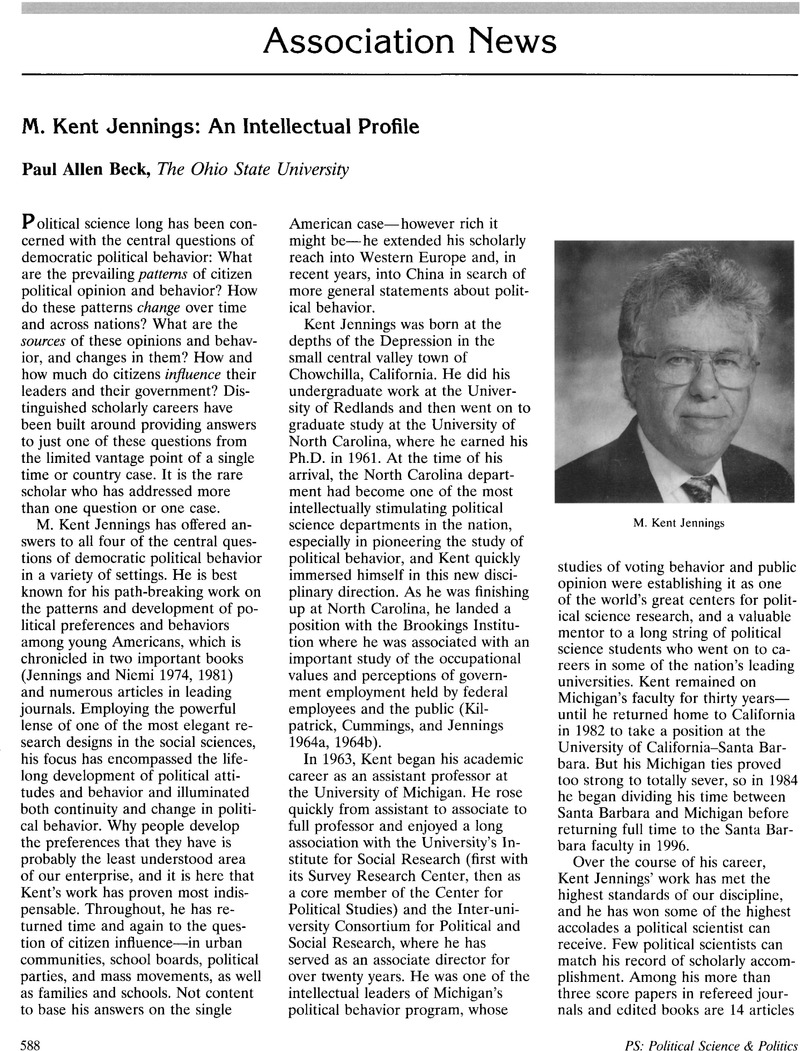Jennings, M. Kent, and
Jansen, Rolf.
1976. “
Youthful Orientations Toward Political Change and Diversity in Germany: The Impact of Social Structure and the Family,” published as “Die Jugendlichen in der Bundesrepublik: der Wunsch nach Veranderung und Meinungvielfalt in der Politik; der Einfluss von Sozialstrucktur und Familie.”
Politische Vierteljahresschrift
17:
317–43.
Google Scholar 